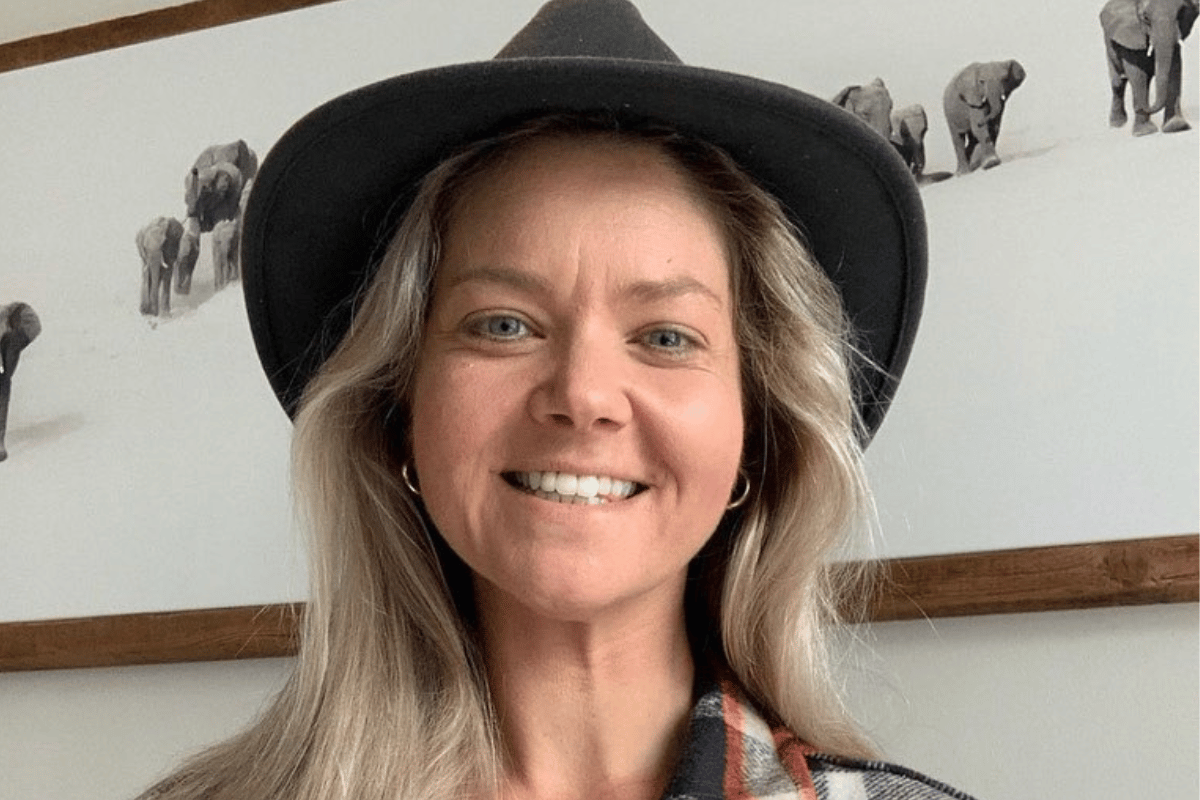
Content warning: This post includes discussion of suicide that may be distressing to some readers.
Kath Koschel has a unique relationship with pain. She knows it deeply, intimately, in many forms. And she knows its capacity for transformation.
Within the space of five years, the former professional cricketer broke her back twice, each time facing the possibility of permanent paralysis. She also suffered a nicked femoral artery during one of her many surgeries, which came within 24 hours of requiring the amputation of her leg.
And in between it all, Kath experienced her first great love; a love she was left to mourn just a year later.
Watch: How to be a woman in 2023. Post continues after video.
The pain of it all still lives with her in various ways. But speaking to Mamamia’s No Filter podcast, the 35-year-old said she is the happiest, most content and most balanced she’s ever been.
"When you go through adversity and hardship and suffering like I have, you have to go to the depths of yourself to really understand who you are and how to overcome," she said.
"And for that, I'm actually quite grateful that I've been through the things that I have, because I know myself better now than I ever have. And I know what makes me happy and what I stand for."
